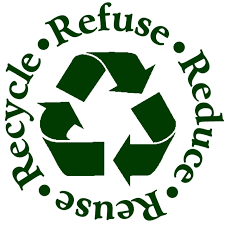 ‘Refuse, Reduce, Reuse, Recycle’ is the mantra we are all familiar with, but it’s easier said than done. Is it possible to follow a zero waste life in these consumer-centric days? Here are my tips on moving towards a more sustainable, zero waste lifestyle. So why not try reducing your waste for your New Year’s resolution…
‘Refuse, Reduce, Reuse, Recycle’ is the mantra we are all familiar with, but it’s easier said than done. Is it possible to follow a zero waste life in these consumer-centric days? Here are my tips on moving towards a more sustainable, zero waste lifestyle. So why not try reducing your waste for your New Year’s resolution…
Find out more with specialized Zero Waste Books in my online bookshop!
Refuse – Shop Mindfully and Switch Off
This is a hard one. Shopping is now one of the biggest leisure activities for many of us – and ‘the Mall’ is a central part of the social life of the US where eating, drinking, movie-going are all on offer. Hard to miss out on that… and of course there is the ever present temptation of online shopping where you can buy instantly and return if not satisfied.
For me, I’ve found other things to do rather than browse the shops. Going for a walk, visiting museums and galleries, playing and watching sport, socializing at the local pub – if you spend less time shopping you have so much more time for fun activities. As for online shopping, unsubscribe from all those promotional emails, cut down on your on-screen time by setting timers on your cellphone and limit your social media accounts. Get back into reading books, playing games, watching movies, talking to your family – and you’ll improve your mental well-being too. Almost everything online is just designed to make you spend, spend, spend. And yes, I see the irony of this blog.
When you do choose to make a purchase, make it a mindful decision. Do I need this? Can I re-purpose something that I already own? Am I buying in the most sustainable way with the least packaging and plastic? Don’t think – well, I could always return it if I don’t like it, because that’s another cost to the environment.
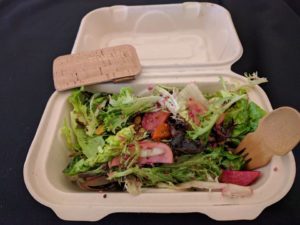 Reduce – Plan Ahead
Reduce – Plan Ahead
This is where you need to plan ahead. Avoiding all those single-use items is a great step to make in reducing your personal waste stream. I have a Bambu spork in my purse that avoids the use for any plastic utensils, and if you need a straw there are plenty of options for reusable ones. And, of course, plastic water or soda bottles are the scourge of our planet…take a reusable water bottle or just ask for a glass of water when out.
Food shopping is the place where we can really make an impact with our choices. After all, the average consumer wastes around a third of the food they buy. Most importantly – make a shopping list so that you only buy what you need.
Secondly, have a reusable shopping bag with you at all times! It’s easy to pop one of these in your purse or handbag – and have a supply in your vehicle for trips to the supermarket. Now, you can start to make decisions on what you buy to move to zero waste. Look for the bulk buy options where you can reuse your own bags and containers. Buy fruits and vegetables that are not packaged and don’t put them in a plastic produce bag unless necessary. I have reusable mesh bags, cloth bags and reuse the produce bags that I keep in my shopping bag. Choose the goods with the least packaging and plastic, and support the companies that incorporate recycled and sustainable components.
Reuse – Practice Thrift
Save stuff! Send off your own parcels in those ubiquitous Amazon boxes and envelopes. Smaller boxes are great for organizing drawers. In the kitchen, reuse glass jars and plastic pots for food storage. Reuse tin foil, baking paper and paper or plastic bags. Newspaper and magazines are useful for wrapping presents. Think back to the past and how your mother or grandmother practiced thrift in all these small ways.
Fast fashion is unsustainable and costs the planet a lot in toxic waste and landfill throwaways. I store my clothes by season, so all the winter warmers are packed in a suitcase over the summer. When I unpack that for the cold weather, it’s like having a new wardrobe of clothes and cuts the cravings to buy something new. Moreover, when you are done with your clothing, donate to a charity or thrift store for reuse by someone else.
At home, you might feel like a change in your décor or furnishings, but you can make significant changes by moving stuff into different rooms, or re-purposing furniture. When we moved house, we re-purposed our old TV cabinet as office shelving and a bookcase as a drinks cabinet rather than throwing them away. Just moving around ornaments and soft furnishings can give your room a fresh look without spending money or buying more.
Recycle – Find Your Options
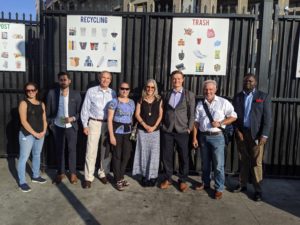 Most of us have recycling collections from our homes – if you’re lucky, that also includes organic food and yard waste for municipal composting or biogas generating. In our household, we have a small trashcan for waste, an on-counter mini-trashcan for food waste and a large bin for recyclables. I recently visited the Zero Waste program at the Los Angeles Coliseum, where their recycling efforts have led to classification as a ‘zero waste’ facility with over 90% of their waste recycled. If an enormous facility like that can do it, we can all do it!
Most of us have recycling collections from our homes – if you’re lucky, that also includes organic food and yard waste for municipal composting or biogas generating. In our household, we have a small trashcan for waste, an on-counter mini-trashcan for food waste and a large bin for recyclables. I recently visited the Zero Waste program at the Los Angeles Coliseum, where their recycling efforts have led to classification as a ‘zero waste’ facility with over 90% of their waste recycled. If an enormous facility like that can do it, we can all do it!
My husband wears disposable contact lenses, which he washed down the sink. Now he saves them and their cases to send off to Bausch and Lomb for recycling. We also recycle our batteries at the local library, save corks to take to BevMo and save print cartridges for recycling at Staples. If you take the time to find out your local options, there are many little ways to move to a zero waste lifestyle.
Don’t Have a Guilt Trip
Whatever we all do individually, the real culprits are the businesses who persist in their unsustainable practices that create the sea of waste engulfing our planet. We can vote with our pockets by avoiding those products and companies, and using our voice to support policies that regulate for a circular economy.
Happy New Zero Waste Sustainable Year!
Read more about Zero Waste at Women in Green Embrace Zero Waste
Read more about Food Waste at Why Food Waste is a Good Thing!
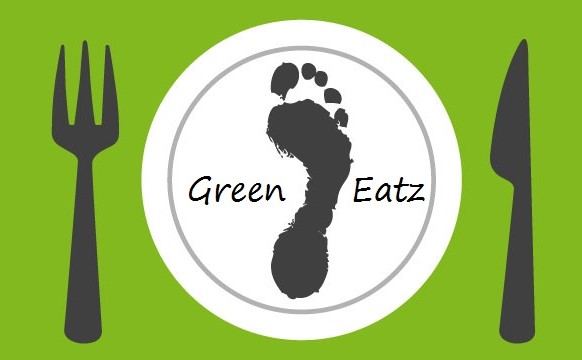
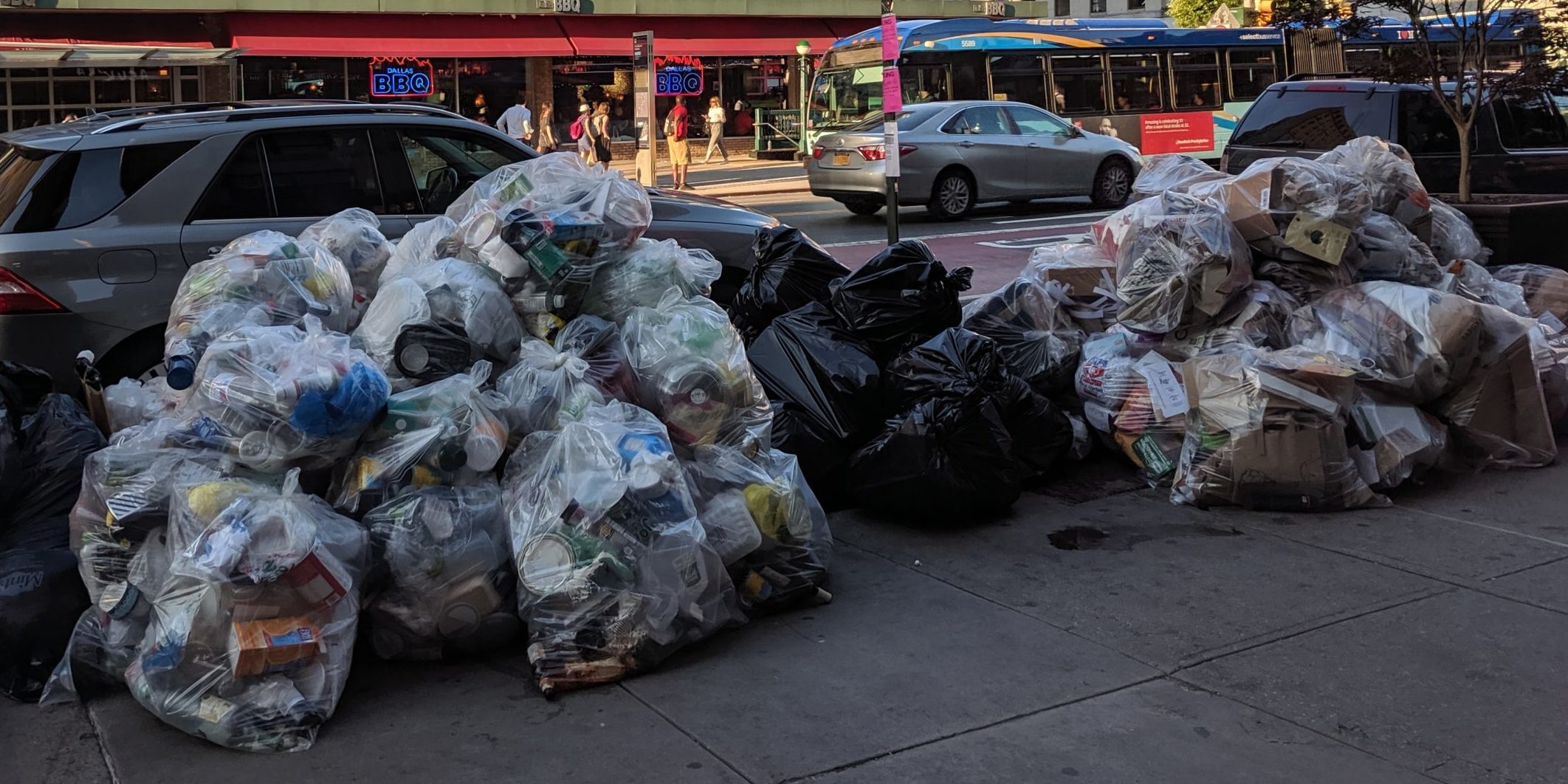
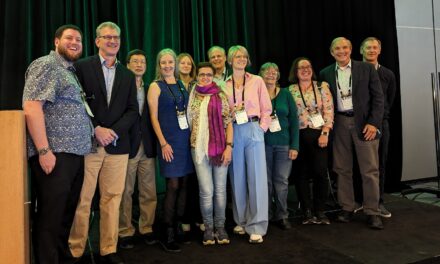
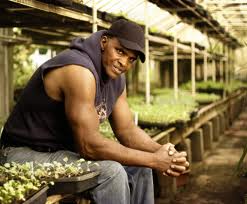
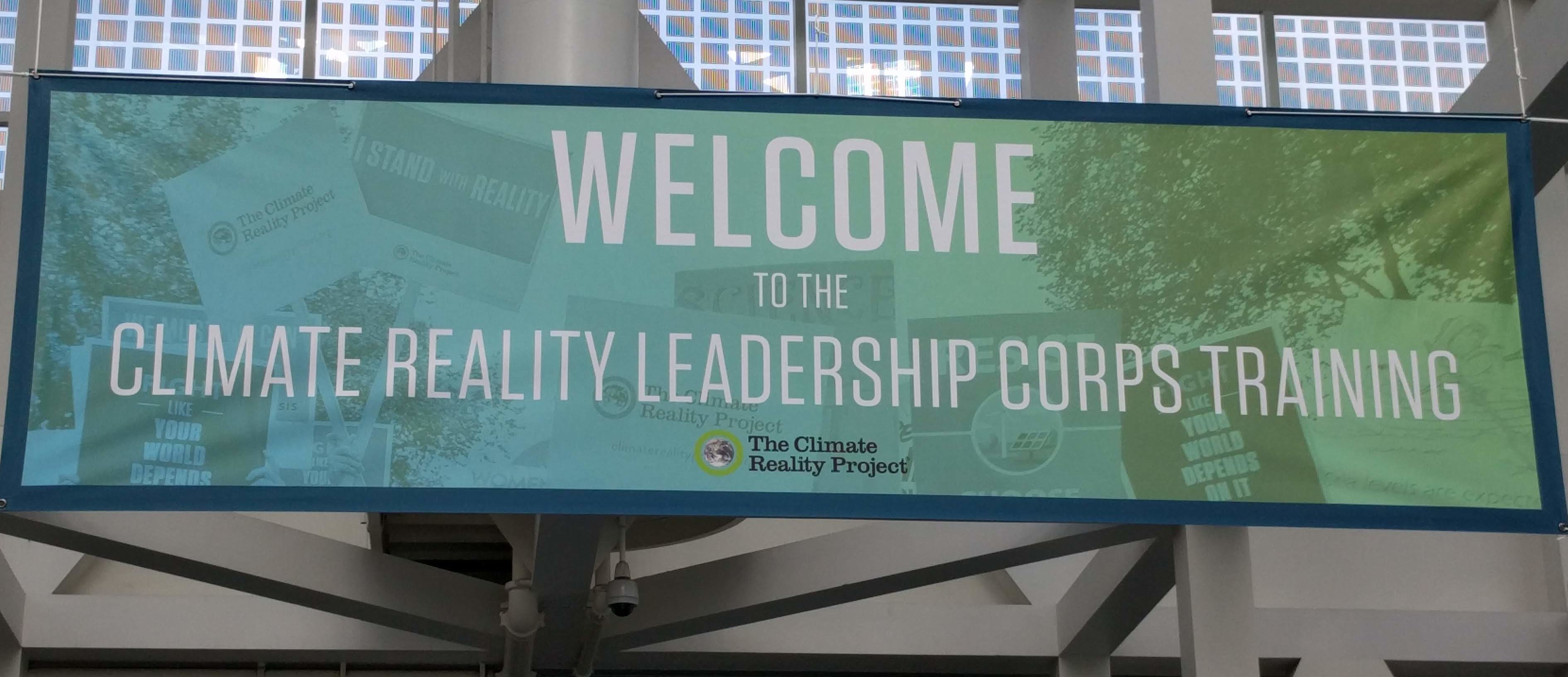



Trackbacks/Pingbacks